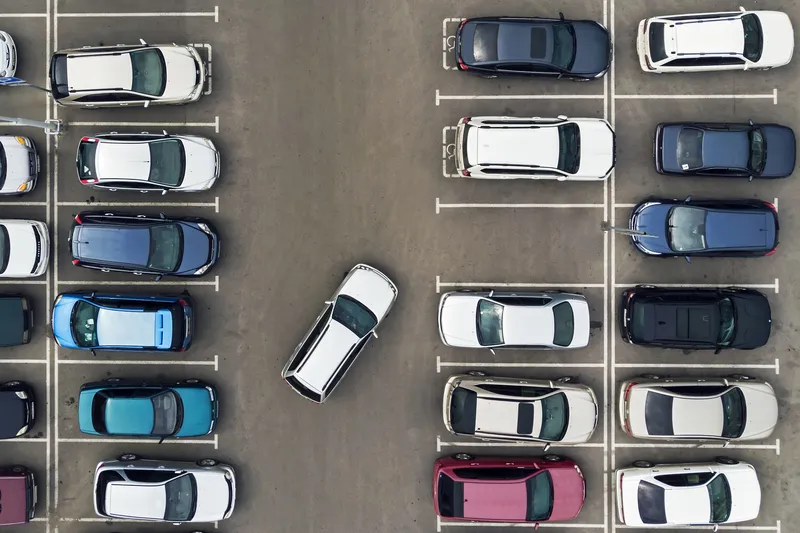The City of San Diego, California, is partnering with GE to upgrade streetlights in a bid to reduce energy costs by 60 per cent as well as transform them into a connected digital network that can optimise parking and traffic, enhance public safety and track air quality.
The City will be installing 3,200 smart sensor nodes that can use real-time anonymous sensor data to direct drivers to open parking spaces, help first responders during emergencies, track carbon emissions and identify intersections that c
February 24, 2017
Read time: 2 mins
The City of San Diego, California, is partnering with GE to upgrade streetlights in a bid to reduce energy costs by 60 per cent as well as transform them into a connected digital network that can optimise parking and traffic, enhance public safety and track air quality.
The City will be installing 3,200 smart sensor nodes that can use real-time anonymous sensor data to direct drivers to open parking spaces, help first responders during emergencies, track carbon emissions and identify intersections that can be improved for pedestrians and cyclists.
The anonymous information from the sensors can be used by developers to create apps and software that can benefit the community.
Additionally, the City will be replacing 14,000 streetlights with more energy efficient versions, which is expected to reduce energy costs by US$2.4 million annually. These streetlights include technology that allows for manually or automatically dimming and brightening in public venues, depending on natural light conditions.
The City expects the project to achieve an estimated 60 per cent reduction in energy. In addition to reducing overall greenhouse gas emissions, the streetlights are also intended to reduce light pollution.
An adaptive control system captures real time interval data, monitoring and notifications for maintenance purposes and also provides GPS coordinates at each fixture. Over the life of each fixture the system automatically ramps up power as needed to meet specified lighting standards.
The City will be installing 3,200 smart sensor nodes that can use real-time anonymous sensor data to direct drivers to open parking spaces, help first responders during emergencies, track carbon emissions and identify intersections that can be improved for pedestrians and cyclists.
The anonymous information from the sensors can be used by developers to create apps and software that can benefit the community.
Additionally, the City will be replacing 14,000 streetlights with more energy efficient versions, which is expected to reduce energy costs by US$2.4 million annually. These streetlights include technology that allows for manually or automatically dimming and brightening in public venues, depending on natural light conditions.
The City expects the project to achieve an estimated 60 per cent reduction in energy. In addition to reducing overall greenhouse gas emissions, the streetlights are also intended to reduce light pollution.
An adaptive control system captures real time interval data, monitoring and notifications for maintenance purposes and also provides GPS coordinates at each fixture. Over the life of each fixture the system automatically ramps up power as needed to meet specified lighting standards.









